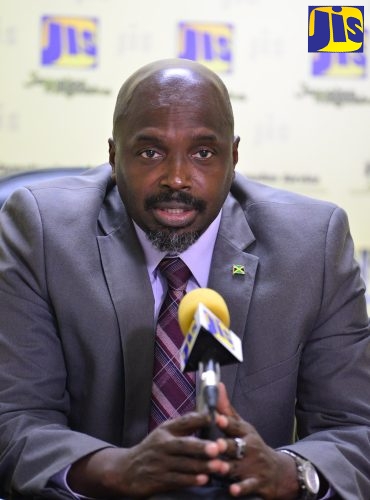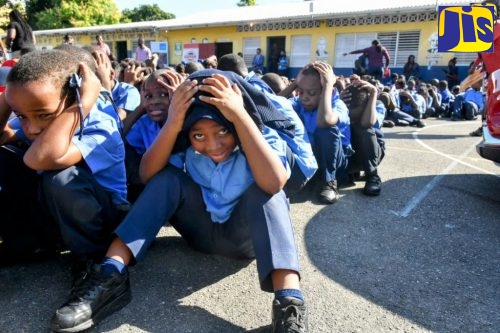Be Prepared for Earthquakes
By: , March 29, 2023The Full Story
With the possibility of an earthquake happening at any given time, Jamaicans are being encouraged to always be prepared.
Speaking at a recent JIS Think Tank, Scientific Officer in the Earthquake Unit at the University of the West Indies (UWI), Mona, Karleen Black, says there is no specific season for earthquakes, neither are they impacted by the weather.
“In terms of our preparedness, we need to understand that we have earthquakes almost every day. They are always happening here in Jamaica and there is nowhere on the island that you can go to escape an earthquake,” she notes.
She points out that Jamaica’s proximity to the northern boundary of the Caribbean Plate, which interacts with the North American Plate, makes the country prone to seismic activity.
However, because of the type of plate boundary – transform boundary – (two plates sliding past each other), Jamaica does not often get large earthquakes.
“What is in our favour is that these earthquakes are usually small in nature, anything from magnitude one to three and occasionally, maybe every 10 years or so, we’ll get a magnitude four or five,” Ms. Black points out.

“With this in mind, it is very possible that some persons may feel that we are not in any danger, and this is far from the case. When you have small earthquakes, which are not felt regularly, we tend to be complacent and have a false sense of security,” she points out.
While hundreds of tremors occur every year, the Earthquake Unit, only reports on “felt earthquakes”.
Last year, the Earthquake Unit, which serves as Jamaica’s hub for earthquake monitoring and research, detected 173 local earthquakes of which eight were felt.
“In the event of a big earthquake, it is with certainty that everyone would have felt it. So, then we would try to get the information out as quickly as possible – usually that would be within 30 minutes or less,” Ms. Black informs.

She notes that Jamaica has experienced two major earthquakes in its history – the July 1692 earthquake that destroyed Port Royal and the January1907 earthquake, which destroyed Kingston.
She advises that persons should have their preparedness kits ready all year round, just as they would for a hurricane.
“You need to have your kit with medical supplies. If you are in need of medicine, you have those medications on hand and general things such as painkillers. You need to have water supply to last you a few days as well as food that may not require cooking,” she points out.
For his part, Acting Director General, Office of Disaster Preparedness and Emergency Management (ODPEM), Richard Thompson, says that in the event of an earthquake, it is important to protect the most vital parts of the body.
“We speak to the fact that you drop, cover and hold. You get under something very sturdy… you cover your head and you hold in order for you not to be shaken off your feet,” says Mr. Thompson, noting that such procedure should be employed once persons are inside a building.
He notes that once the shaking has stopped, persons must quickly evacuate.
“Get into an assemble area. This is where, especially for offices and schools, you start to check to ensure that all your personnel are there,” Mr. Thompson adds.
ODPEM, Jamaica Constabulary Force (JCF), Jamaica Defence Force (JDF), Ministry of Health and Wellness, and the Earthquake Unit have all given assurance that plans are in place to respond immediately should the country experience a major earthquake.




